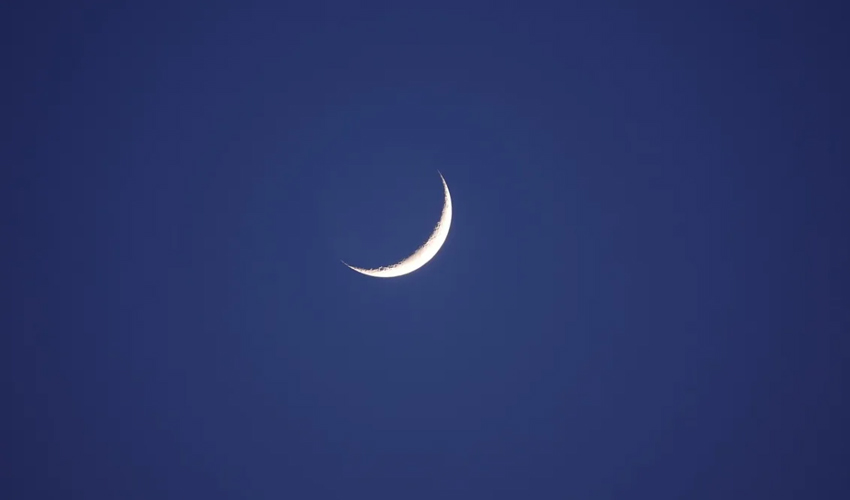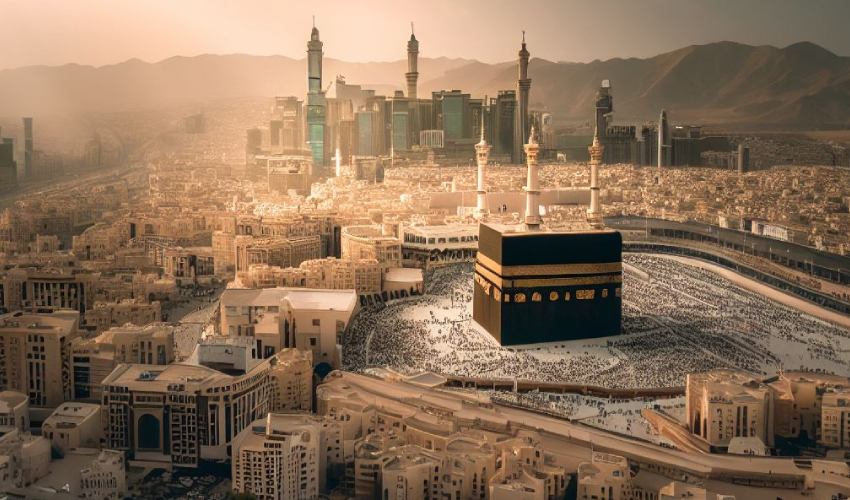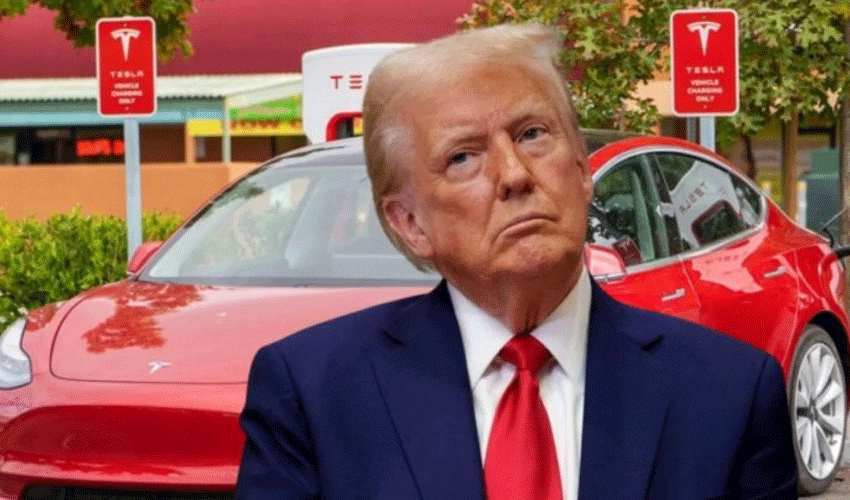South Africa on Thursday accused Israel of violating the UN Genocide Convention, contending that even the October 7 Hamas attack couldn't justify such alleged actions.
Pretoria initiated a landmark case at the International Court of Justice (ICJ) and urged Israel to immediately halt its military operations in Gaza. Israel dismissed the case as "atrocious" and "preposterous" and pledged a robust defense.
South Africa argues that Israel's response to the Hamas attack crossed a line, leading to breaches of the Genocide Convention.
The Gaza war ensued after an unprecedented Hamas attack, resulting in approximately 1,140 deaths in Israel, mostly civilians. Israel responded with a relentless military campaign, causing at least 23,357 casualties in Gaza, predominantly women and children. South Africa claims that Israel is violating its commitments under the UN Genocide Convention, signed in 1948 after the Holocaust.
Adila Hassim, South Africa's top lawyer, argued that Israel's bombing campaign aims at the "destruction of Palestinian life," pushing them "to the brink of famine." She asserted that evidence from the past 13 weeks demonstrates a pattern of conduct justifying a plausible claim of genocidal acts. South Africa, as a fellow treaty signatory, brought the case to the ICJ, known as the "World Court."
The ruling ANC in South Africa has a historical connection to the Palestinian cause, stemming from its struggle against the white-minority government, which had ties with Israel. South Africa acknowledges the weight of accusing Israel of genocide and condemns the Hamas attacks that triggered the Gaza war.
Israel's President Isaac Herzog hinted at a defence based on self-defence under international humanitarian law. The United States supports Israel, dismissing the charges as "unfounded." The ICJ, in an urgent procedure, could issue a ruling within weeks, and its decisions are final. While not always followed, a ruling against Israel could intensify political pressure and potentially lead to sanctions.
Cecily Rose, an assistant professor of public international law, explained that the court, in this stage, evaluates the risk of irreparable prejudice to rights under the Genocide Convention. The court's ruling might not address the fundamental aspects of the case, which could take years.
In The Hague, pro-Israeli and pro-Palestinian demonstrators were kept apart by Dutch police. Pro-Israeli protesters marched through the streets, while a smaller group of pro-Palestinian supporters called for an end to "Israel apartheid." The ICJ's decision could have significant geopolitical implications, with potential consequences for Israel.



























